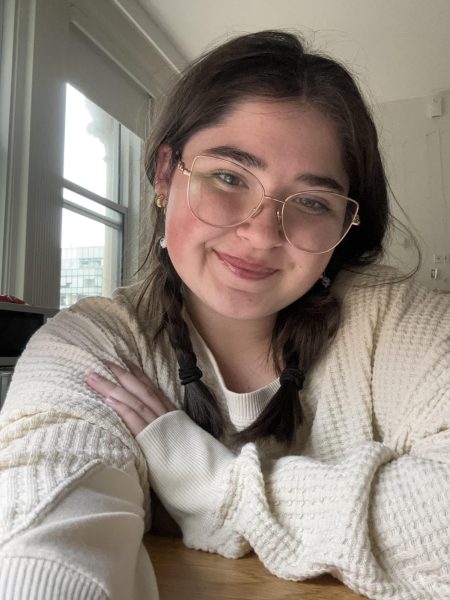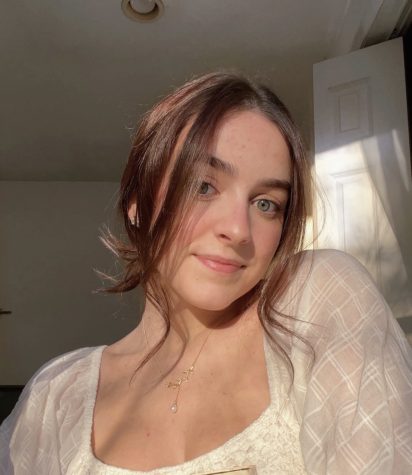While on the hunt for a good podcast to fill time, I’m sure we’ve all stumbled upon those podcasts — you know the ones, with a glaringly pink cover and an admittedly clever name. Intrigued, you click on the podcast only to be slapped in the face by the fact that it’s a true crime podcast.
This breed of true crime podcasts has come into recent popularity. They discuss real-life murders, disappearances and anything else a true crime junkie could get excited about. Which, typically, wouldn’t be that terrible of a thing, but where these podcasts fail is in the ethics department. How they tend to tell the stories of these horrific events is disrespectful and just plain distasteful.
There is a difference between telling someone’s story and exploiting it. These are real people who went through tragic events and are now being discussed in someone’s she-shed as if they are fictional stories. To profit off of someone’s lost loved ones without even thinking to reach out to the victim’s family leaves the listener with a strange taste in their mouth.
Many of these podcasters make a living out of this. Even other creators, like TikTok influencers and TV show writers, have started following in their footsteps to profit off of someone’s loss. There are TikTokers who describe these brutal cases while doing their daily makeup routine. Naturally, these videos are typically monetized.
One of these kinds of podcasts is called “Killer Queens.” Their podcast cover was an obnoxious shade of neon pink and within their brief description of the podcast, they describe it as “light” true crime.
“Give it a try if you like any of those people and/or a lighter take on your true crime,” said “Star Trek” actor LeVar Burton, after he referenced a multitude of pop culture icons.
“Light” true crime does not exist. Nothing about a murder or a disappearance is light. It’s something you made up to make your content more palatable. It is a term purely designed for marketing.
Now, it must be said that there is nothing wrong with wanting to listen or watch true crime. It’s human nature to be curious, even to the grotesque and peculiar. However, we should treat it similarly to how we approach fast fashion or sustainability — look at the ethics behind what you consume.
After taking a census with my true crime podcast-loving family, I’ve found podcasts that aren’t afraid to give you the unfiltered and unsugared facts of these cases. I have no shame recommending “Gruesome: Horrific True Crime” or “Crime Junkie”, all of which can be found on both Apple Music and Spotify.
How these podcasts outline the crime is extremely respectful and focuses on the spreading of information rather than profiteering off the backs of the dead. Additionally, Crime Junkie even updates the stories they covered after more information is released.
With this pink glittering media being spread it just adds to society’s hazy vision of gruesome and horrific events. We’re so desensitized that we need our true crime sugarcoated and nicely packaged with a little bow. With all these fluffy and soft layers now added to these cases, it makes it even harder for the voices of these victims and their families to be heard.
The victim’s families have started standing up and speaking out, most notably following the release of Netflix’s “Monster: The Jeffrey Dahmer Story.” A victim’s sister, Rita Isbell, spoke out against the show, which depicted her and the victim impact statement that she gave during Jeffrey Dahmer’s trial.
“It’s sad that they’re just making money off of this tragedy. That’s just greed,” said Isbell to the Hollywood Reporter.
True crime will always draw people in and those who seek it out should have no shame in it. It’s interesting, undoubtedly, but with these alleged “light” true crime podcasts going around, it’s hard to remember that these are real people. Once the line between nonfiction and fiction blurs, so does our empathy. Without empathy, what makes the viewers better than those spreading these cases?





















